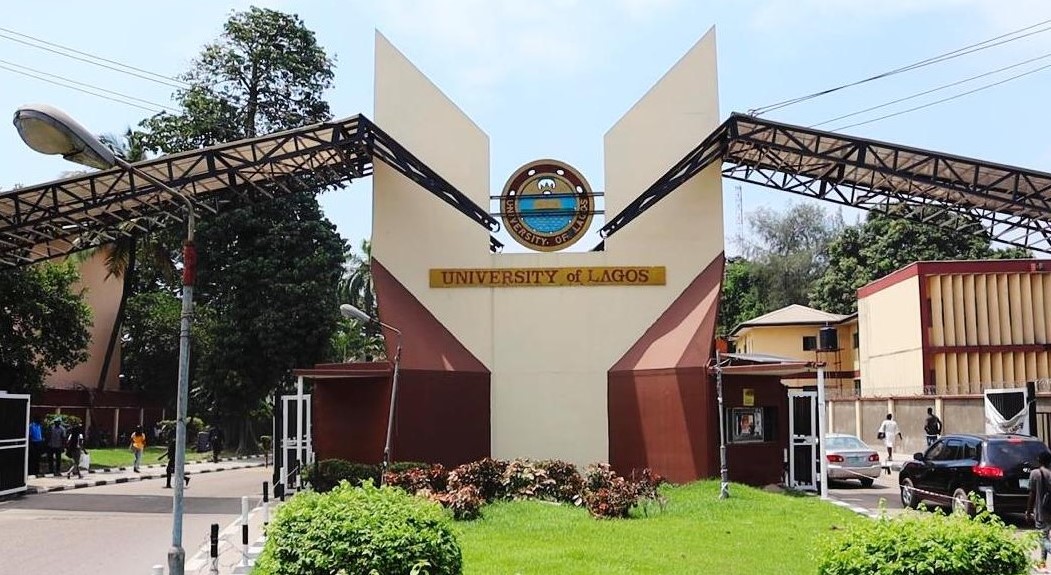The University of Lagos (UNILAG) has clarified that the recent allegations of examination malpractice during its recently concluded Post-UTME are not due to any technical faults on its part. The institution emphasized that the flagged candidates were identified because they clearly violated the established examination protocols.
This clarification comes amid widespread claims suggesting that system errors were responsible for some candidates being mistakenly accused of cheating during the computer-based test (CBT). These assertions have sparked significant public debate, with education specialists questioning the legitimacy of the university’s disciplinary measures.
In an official statement released on Wednesday, UNILAG detailed that the identification of offenders was based on sophisticated monitoring technologies designed to uphold exam integrity. The university stressed that the candidates in question breached the examination rules, which justified the cancellation of their screening results.
“The University firmly states that the notifications regarding examination malpractice issued during the screening exercise were not caused by any system or technical malfunction, contrary to the rumors circulating in emails and reports,” the statement read.
“These violations were detected through multiple surveillance methods, including secure video monitoring, implemented to maintain the credibility of the screening process,” it added.

To substantiate its position, UNILAG indicated that it may release anonymized screenshots to demonstrate the breaches. However, it acknowledged that privacy laws and data protection regulations might restrict the public sharing of uncensored video footage.
Also Read: UTME 2025: How students exploited the JAMB system to execute sophisticated malpractices.
Overview of the UNILAG Post-UTME
The Post-UTME screening at UNILAG took place from September 1 to 4, 2025, with a total of 20,464 candidates participating. After the exercise, some candidates received emails notifying them of violations related to examination misconduct.
“To clarify, the University possesses concrete evidence confirming these infractions,” the statement affirmed.
The Post-UTME is an online aptitude assessment lasting approximately 30 minutes, comprising 40 questions covering English, Mathematics, and General Paper. Candidates are required to complete the CBT in their respective states of residence.
Participants must have a stable internet connection, a laptop equipped with a functional webcam and microphone, and must take the test in a quiet setting, as the session is continuously monitored and recorded.

According to the university’s guidelines posted on its website, candidates must not obstruct the webcam, leave their seat during the exam, or have anyone else present nearby. Covering the webcam at any time is prohibited, and the use of external cameras or HDMI displays is strictly forbidden.
Additionally, candidates should refrain from speaking aloud or reading questions out loud during the test. Wearing face caps, earpieces, or headphones is also banned. Any attempt to breach these rules results in immediate termination of the exam and disqualification.
UNILAG reiterated on Friday that some candidates disregarded these regulations and engaged in various forms of malpractice.
“In line with the university’s strict zero-tolerance stance on examination fraud, those found guilty will be disqualified from admission based on ongoing investigations,” the statement concluded.
Public Responses
Despite the university’s firm position that candidates violated the Post-UTME code of conduct, there has been considerable public backlash against the disciplinary actions.
Alex Onyia, CEO of Educare, has taken up the cause, advocating for fairness. He pointed out that the vendor responsible for exam monitoring at both UNILAG and Obafemi Awolowo University (OAU), Web Test, has a significant software flaw that led to some candidates being wrongly accused of cheating.
He further highlighted that the AI system used by Web Test also assigned unusually low scores to some candidates, inconsistent with their known academic performance.
“Many students were unfairly flagged for malpractice. Moreover, some received inexplicably low scores. For instance, how does a candidate who scored 360 in JAMB end up with a 20 in Post-UTME? This injustice against these young people is unacceptable,” Onyia stated in a post on X (formerly Twitter) on Thursday.

Onyia has pledged to pursue legal action, citing a tragic case where a female candidate allegedly accused wrongly of malpractice took her own life. Through a form he circulated to collect reports from affected students, over 700 candidates from both universities have reported being impacted by the technical issues.
This incident adds to a series of technical problems affecting computer-based exams in Nigeria’s tertiary education admission process. Notably, both the 2025 Unified Tertiary Matriculation Examination (UTME) and the 2025 West African Senior School Certificate Examination (WASSCE) experienced similar system glitches.


















0 Comments